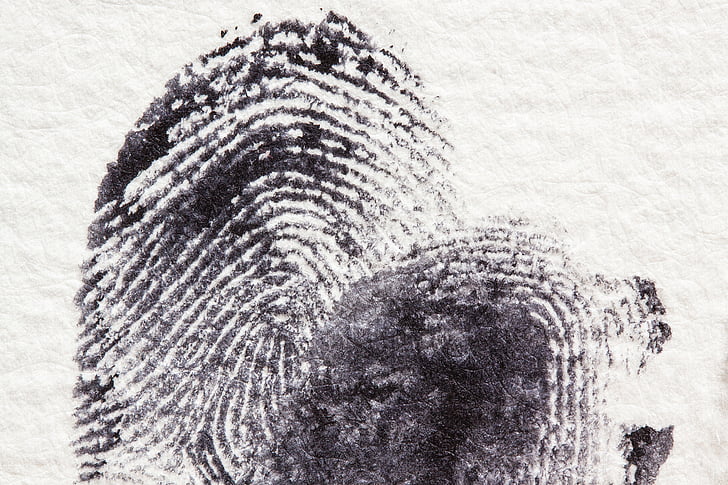Now Reading: UK Faces Miscarriages of Justice Fears Over Baby Deaths Trials Linked to Forensic Experts
-
01
UK Faces Miscarriages of Justice Fears Over Baby Deaths Trials Linked to Forensic Experts

UK Faces Miscarriages of Justice Fears Over Baby Deaths Trials Linked to Forensic Experts
A serious forensic and court controversy has blown up in the UK after it was reported that Professor David Mangham, out of forensics, whose testimony was used in several baby death cases, possibly gave flawed or misleading forensic evidence. Reports from the Times and the Justice Gap indicate that Professor Mangham’s role as an expert witness in several criminal prosecutions has raised fresh concerns that wrongful convictions have occurred, and that the scrutiny of forensics in these cases and others is deficient.
Professor Mangham has been an expert witness in dozens of child death cases; in many, he provided crucial evidence dependent on forensic investigations to inform conclusions about the cause of death, especially in cases with suspicions of abuse or neglect. In recent days, a few judges have questioned the scientific basis for Professor Mangham’s conclusions. In one case, Justice Ellenbogen referred to Professor Mangham’s forensic conclusion as “misleading and unreliable” and noted discrepancies between Mangham’s reports and the physical findings from the autopsy.
The Crown Prosecution Service (CPS) is facing increasing pressure to review all convictions which relied upon Mangham’s evidence, from human rights organisations, legal academics and families of victims. Reported in the trials of at least three known cases, including Muritala Olaiya-Imam, Laura Langley, and Abigail Palmer, are currently being reviewed. The seriousness of the allegations in the previous trials of infant deaths relied on Mangham’s findings and appeared to have strongly influenced the prosecution cases.
Some forensic scientists are alarmed that these errors can continue in a jurisdiction without independent peer review of forensic expert evidence. These experts state that while forensic evidence can be highly sought after, it can also be misinterpreted or inflated without external checks on the process, which can leave devastating effects on the defendants and their families.
Legal analysts speak of structural deficiencies, including minimal supervision by the UK Forensic Science Regulator, and the lack of a national framework for the investigation of expert misconduct. Journalists and academic observers stress that the crisis underscores the immediate need for reform in forensic accountability, transparency and profession-specific training.
This unfolding controversy is likely to serve as a clarion call to forensic science students, practitioners, and judicial officers alike that scientific credibility and ethical responsibility should be the core of any forensic investigation.









